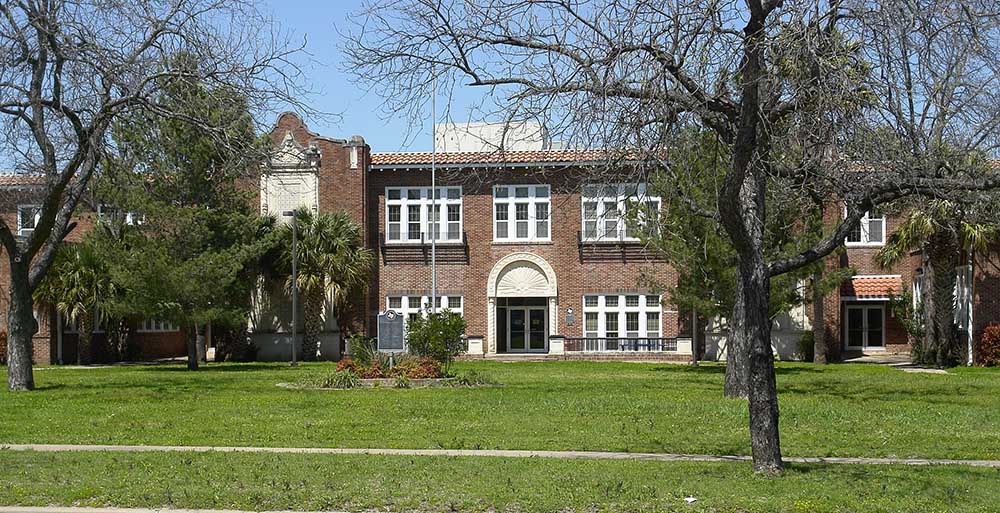4 Things a first-time renter needs to think about are:
- Budget
- The Lease
- Honesty
- Renter’s Insurance
Figure out your budget
As I said last week, you are responsible for more than just rent, PLUS there are often additional expenses and deposits when you move in.
To Move In: Application fee, lease security deposit, pet deposit, first month’s rent, possibly deposits for electricity, gas, cable, phone, and internet. Some apartments may have a fee for parking especially if you want to park in a garage or a covered space near your front door. Also, if you’re coming from your bedroom at your parent’s house, you will need furniture, lamps, dishes, silverware, towels, cleaning supplies, soap, shower curtains, trash cans, toilet paper, and the list goes on. You might even need to bring your own refrigerator or microwave, and you can decide at that point how important it is to have a washer & dryer IN your place or if you’ll be all right with the coin-operated laundry facility nearby.
Monthly: Obviously the rent is the biggest chunk of your monthly expense, but it’s not the only one. There is also electricity, possibly natural gas, cable, internet, FOOD… Sometime during your first month of living on your own, you will come to understand exactly how much it costs to eat out, and compare that to the cost of buying groceries and learning how to cook. Many people decide to learn how to cook, even if their repertoire is limited to how many variations of macaroni-n-cheese they can come up with.
By the way, credit cards are NOT a good way to secure and/or furnish a living space.
READ THE LEASE
Leases, like any other legally- and financially-binding documents, are B-O-R-I-N-G and often hard to understand. Do whatever it takes to make sure you understand what is included before signing, because you will be expected to adhere to the terms you agreed to with your signature. Things like, How much notice do you have to give before moving out, and do you need to give that notice even if your lease term has an end date? What happens after your lease term is expired? Are there late fees when you pay your rent late… and what do they consider “late”?
Mark everything on your move-in inventory checklist.
That means make sure all appliances and water faucets are working. Take photos of anything that is less than perfect, and notate it on the checklist. Turn the checklist in on time, or there may be a stipulation in the lease that if you do not turn in within a certain number of days, you are accepting the place as-is and taking responsibility for the condition of everything in it!
Tell the truth
On your application and about who will be living with you. Including and especially if you plan to have any pets as part of your new life as a renter. The penalties for having a pet without disclosing it to your landlord can be steep, and not only because of the fines they impose. If you are in a place where no pets are allowed, you may be required to find a new home for your pet or face eviction.
FYI: eviction is expensive too.
Invest in Renter’s Insurance
Accidents happen, which means that no matter how well-built a building is, the pipes can still burst and a mini-flood can result. Or, a fire can break out. Or any number of things can happen to cause a loss of belongings, whether you’re renting or you own a home. The best way to be financially prepared is to get insurance. It’s usually not expensive, and certainly costs a lot less than having to replace or repair out of your own pocket!
Questions? Comments? Let me know your thoughts below.




